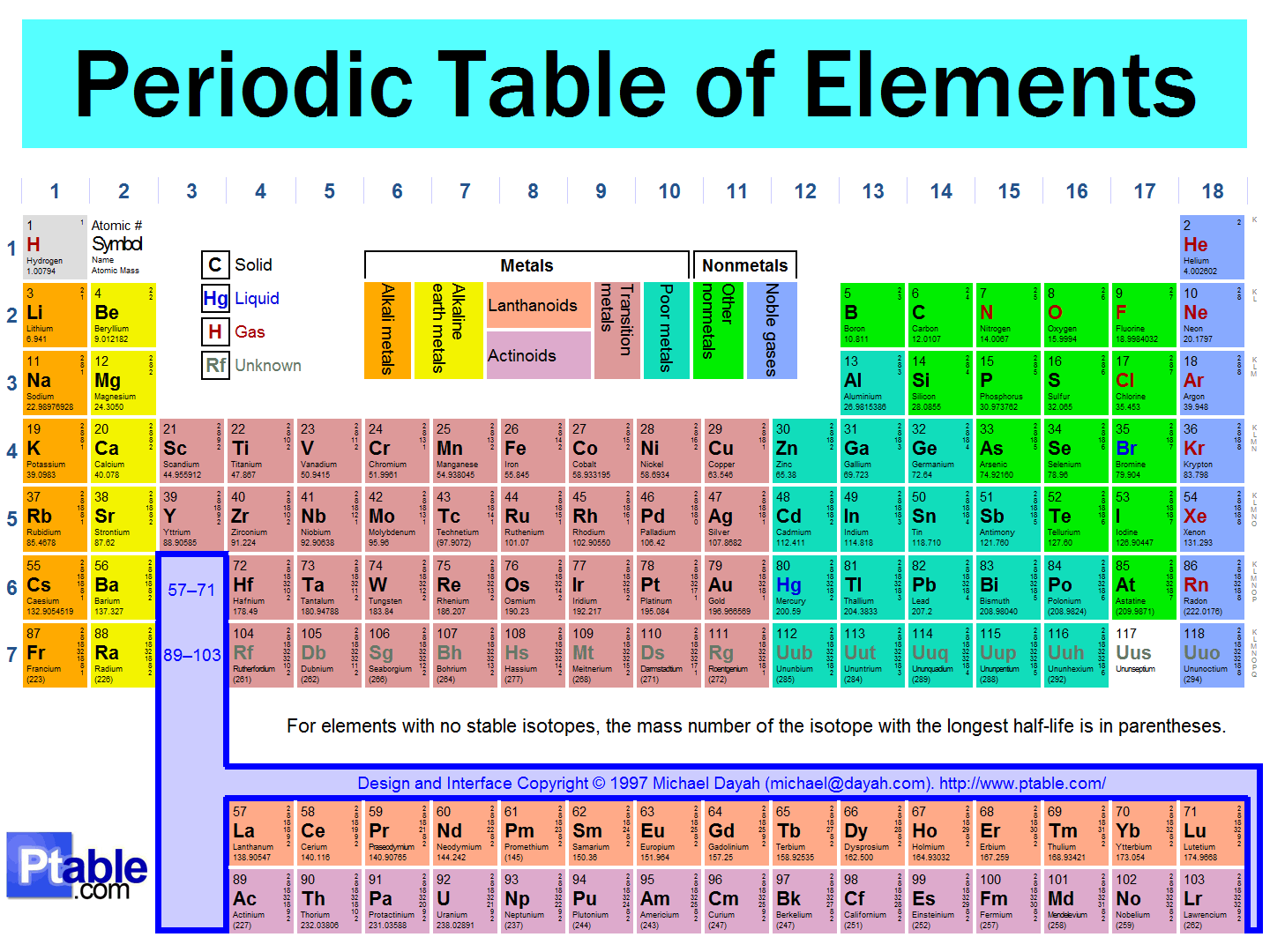Determine which of the following ions is the hardest acid? #"Cs"^(+)#, #"Ca"^(2+)#, #"Ba"^(2+)#, #"Li"^(+)#
1 Answer
The strongest capacity to polarize, or the polarizing ability, is highest for the atom with the most concentrated electron density. That would be the smallest atomic radius, and (usually) be largest positive charge.
The absolute hardness
#"Cs"^(+)# :#10.6# #"Ca"^(2+)# :#19.52# #"Li"^(+)# :#35.12#
(higher
#eta# #-># harder acid#-># more polarizing)
Further supporting data shown here says that

From Hard-Soft Acid-Base (HSAB) theory, the hardness of the electron density for an atom or molecule allows us to predict which substances will react with each other.
It also allows us to predict how polarizing (how well they polarize) or polarizable (how easily they GET polarized) they might be. In this regard, we have the following trends:
- Harder atomic acids have smaller atomic radii, larger positive ionic charge magnitudes, and relatively low electronegativity.
- Harder atomic bases have smaller atomic radii, larger negative ionic charge magnitudes, and high electronegativity.
Clearly, these choices are all Lewis acids. The hardest Lewis acid would be the most polarizing. Hardness can be measured by the hardness parameter
#"Cs"^(+)# :#10.6# #"Ca"^(2+)# :#19.52# #"Li"^(+)# :#35.12#
(
#"Ba"^(2+)# wasn't listed in the reference.)
Higher
And of course, since
Further supporting data shown here says that
Therefore,

